It’s no secret that part of Japan’s intrigue for the rest of the world is its distinctive culture. As an island nation that virtually cut itself off from the world for more than two and a half centuries, Japanese culture can feel far removed from the culture of the western world. It goes well beyond the squid and corn pizza toppings and into areas that even affect the way we should act out in public in Japan.
Sometimes the differences in culture can be downright shocking in ways that are both wonderful and, well…annoying. We held an online conversation with a few of our Voyapon staff and contributors to hear about how they experienced culture shock in Japan, both in negative and positive ways.
Omotenashi – The Unique Japanese Hospitality
One thing that most of our writers agree upon is the incredible hospitality guests receive, known as omotenashi おもてなし in Japanese. If you receive exceptional customer service in Japan, it is because of the spirit of omotenashi ingrained into Japanese culture.
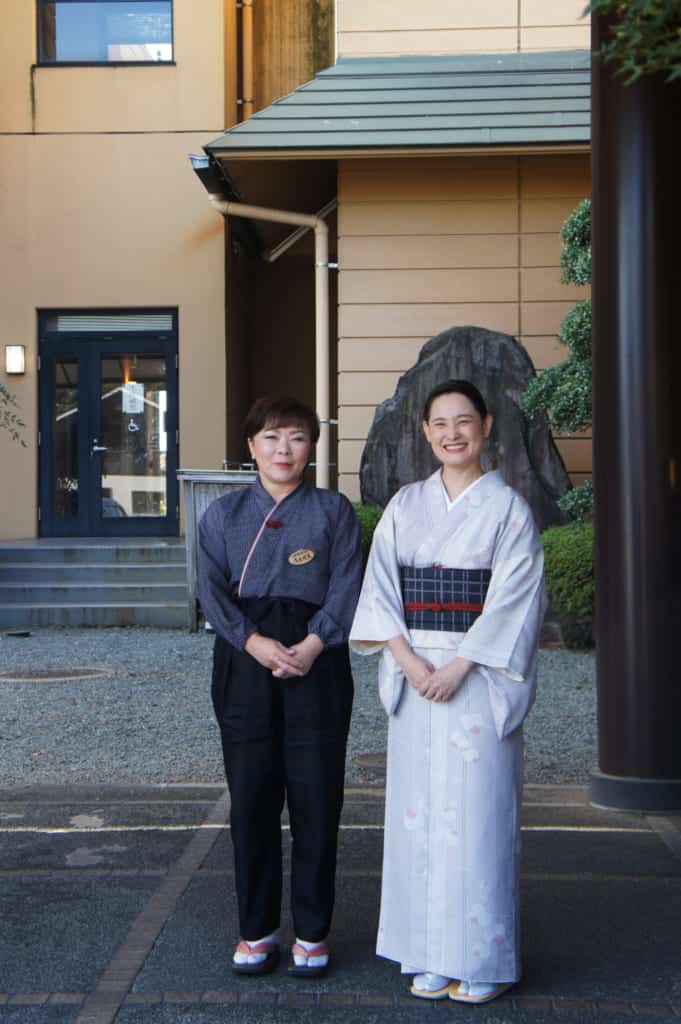
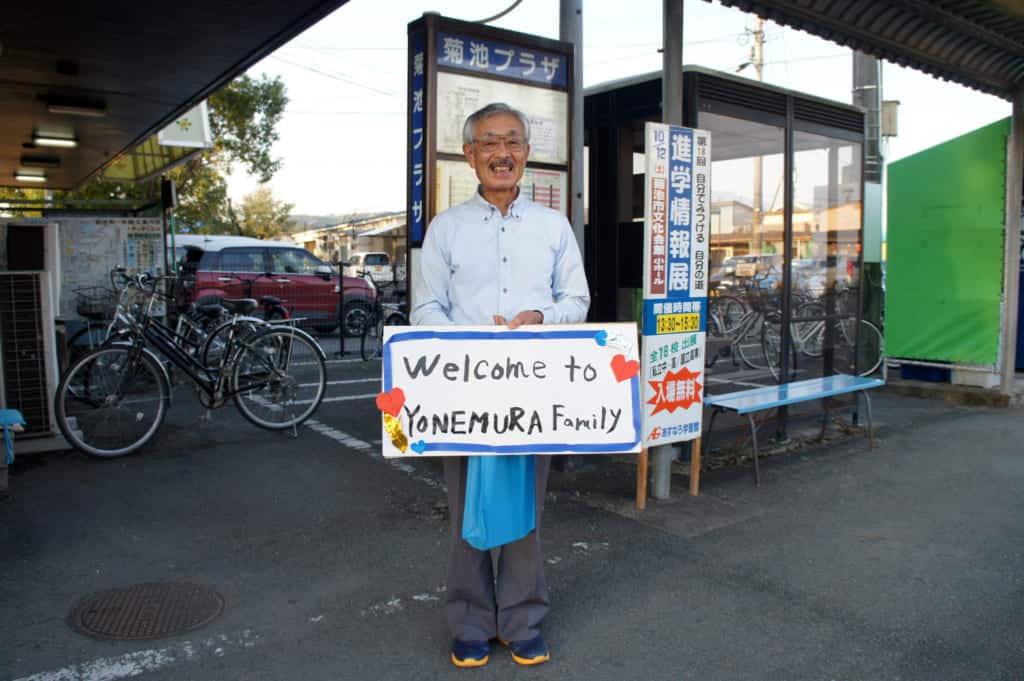
Writer Mika recalled a time when her friends from her home in Canada visited Japan, and they went out to a local shop for a meal. Their young daughter wanted dessert, but there was no dessert on the menu, so the owners ran out to the closest convenience store, picked up several dessert options, and returned to deliver this surprise gift to her.
Co-editor-in-chief Clémentine from France spent time doing volunteer work in the mountains of Ehime with other foreign travellers who were often offered meals, snacks and drinks, and given rides between destinations even when it was well out of the driver’s way.
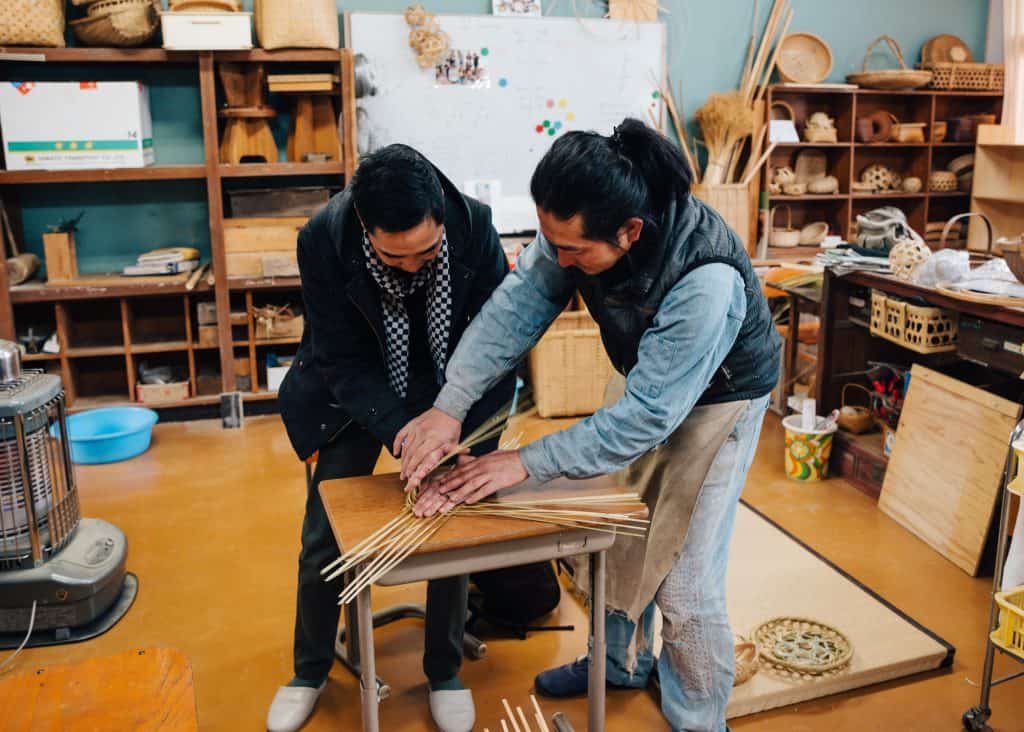
The important thing for visitors to Japan to understand is that kindnesses like these are always done with no expectation of reciprocation. Usually, the kind soul assumes they may never cross paths with you again. To avoid offending the person, you should accept their help humbly and with a lot of gratitude, but there is no need to offer payment, even in the form of tips.
The Manners of Dining Out
Spanish writer Maria was surprised to find some restaurants in Japan were strictly business: eat as quickly as possible and get out. In her native Spain, meals are social occasions, so taking your time and chatting with friends is normal behavior. Though this is possible is larger, higher-end restaurants in Japan, many small, inexpensive restaurants rely on high turnover to make a profit for the day. Though the owners would never rudely ask you to leave, please keep in mind that hogging a table for an extended period during busy hours is costing the business money.
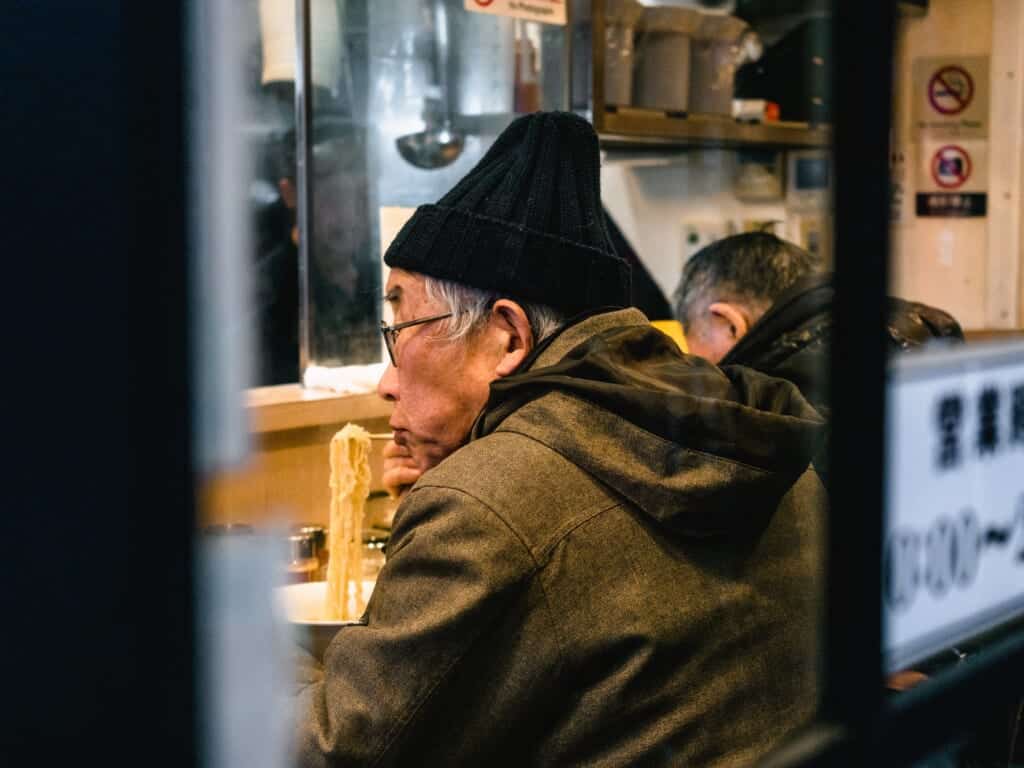
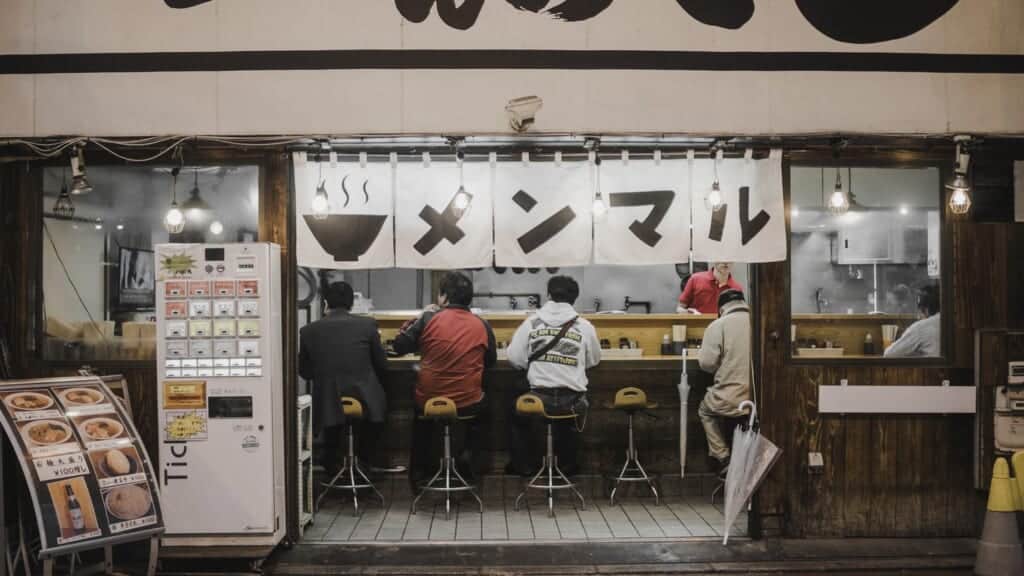
One famous example of the Japanese “fast-food” culture made international news in recent years. The Ichiran chain of ramen shops created a dining “cubicle”, seating a single person with barriers on both sides. Even the server was virtually unseen as the bowl of ramen was delivered to the customer through a curtain at the front of the cubicle. While the ramen is delicious, the unspoken rule at Ichiran is crystal clear: enjoy your meal but don’t linger.
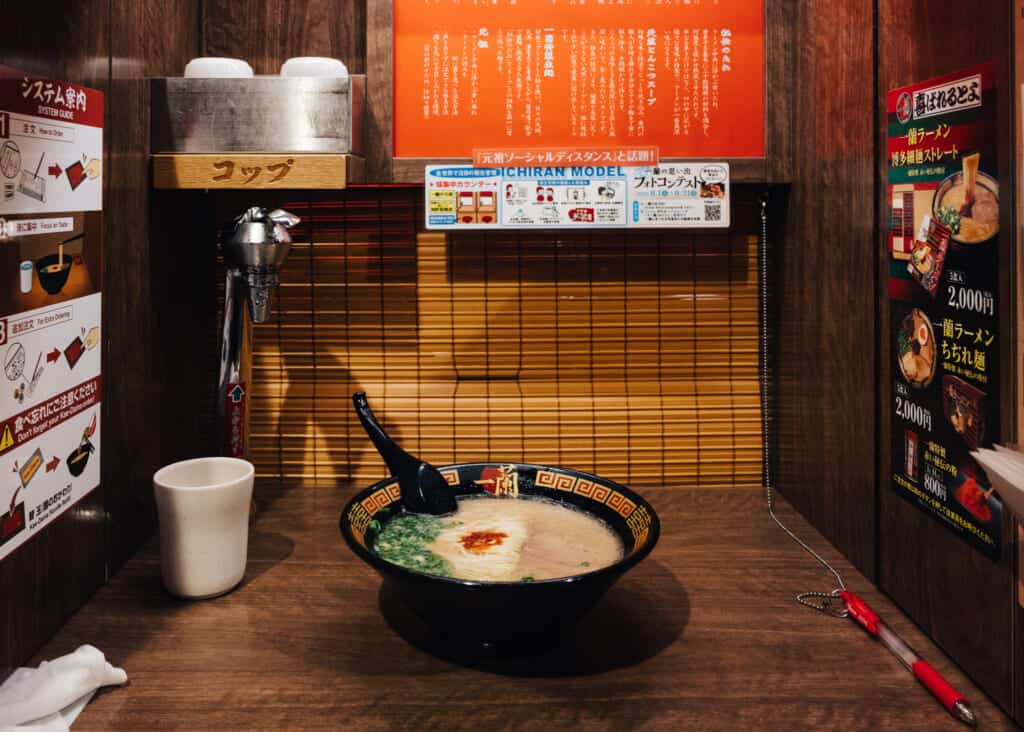
As a non-smoker, one of the exasperating things I found about many Japanese restaurants is that smoking is often allowed. One chain that will remain unnamed has a smoking section but it isn’t visibly separated by any barriers. I wondered if they expected the smoke to be well mannered enough not to drift over into the non-smoking section? Attitudes about smoking indoors are slowly changing in Japan, but don’t be surprised to find yourself in an establishment that allows smoking.
The Hits and Misses of Japanese Public Transportation
Our writers unanimously agree that public transportation in Japan is among the best in the world. Clean and efficient, public trains and buses make navigating urban areas simple. Even taxis, with their white-gloved drivers and no-touch passenger doors are a higher standard than in most countries.
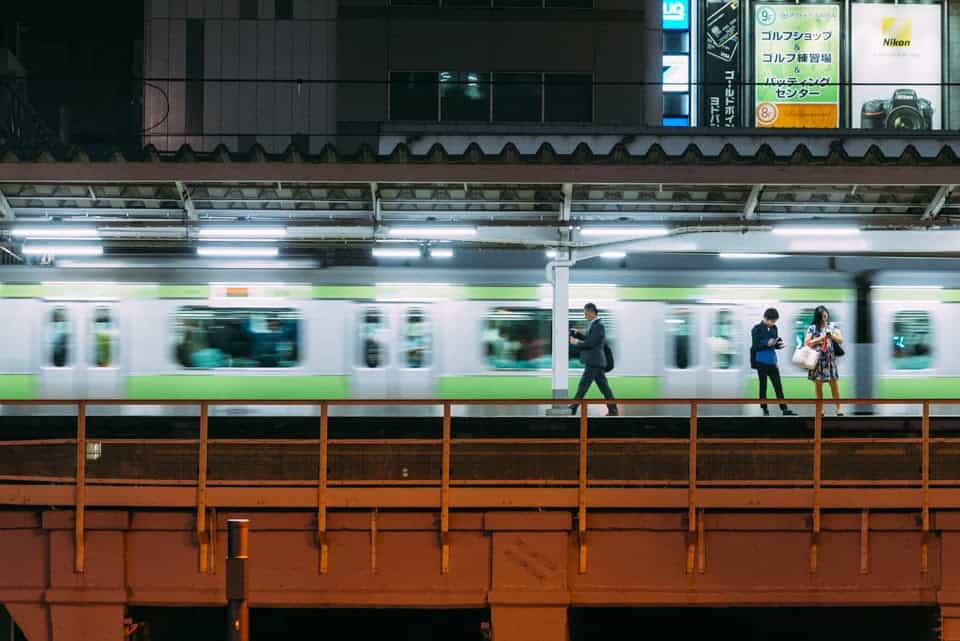
Still, there are things about public transportation that take some getting used to. German writer Yvonne noted that though Japanese people are usually good at maintaining personal space, all of that goes out the window on the trains during the Tokyo rush hour. It’s common to see an exhausted passenger using another passenger’s shoulder as a pillow at the end of the workday, or standing passengers resting their books or smartphone on a stranger’s back for reading or gaming.
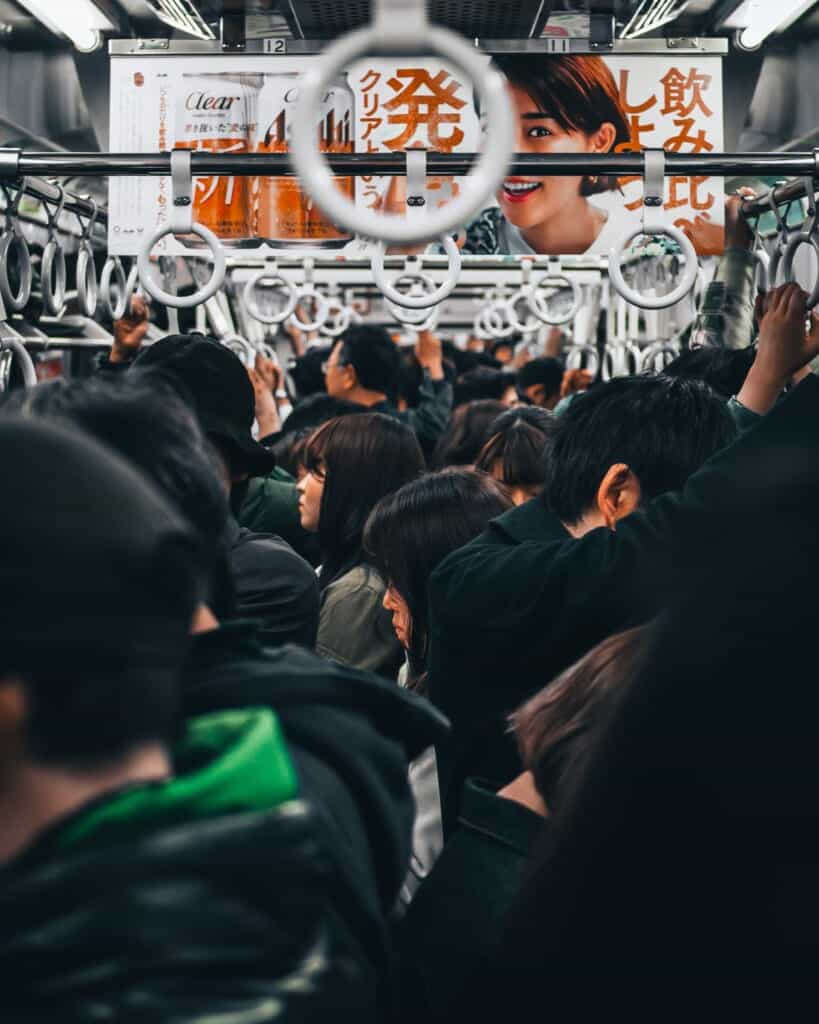
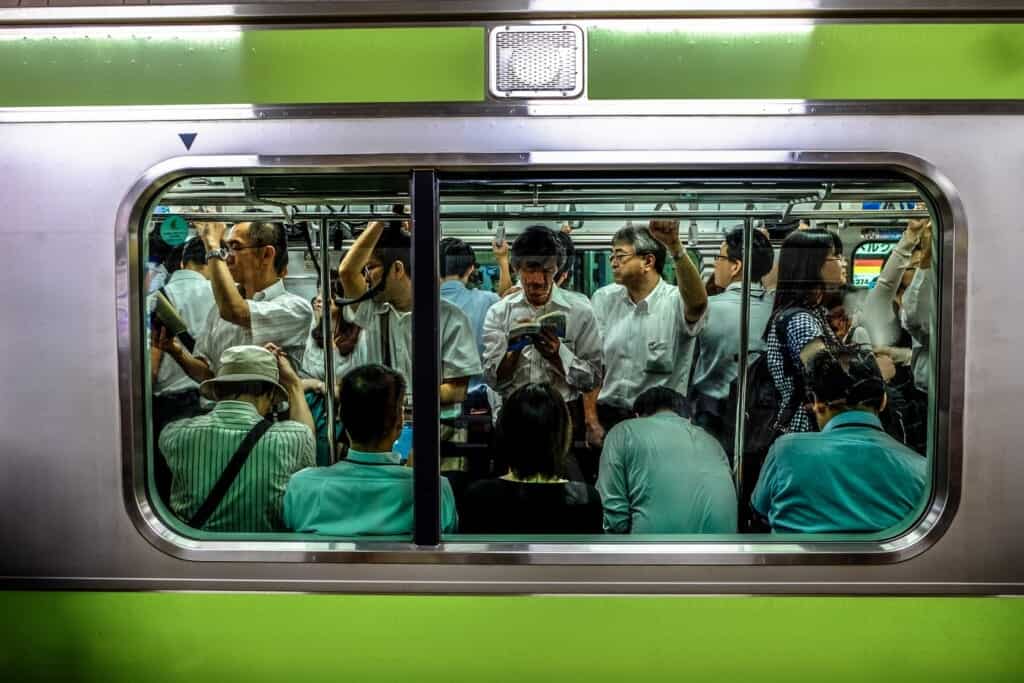
Although I imagine these behaviors can be a bit annoying for those being used as human pillows or desks, it is rare to see a Japanese person even acknowledge the person next to them doing such a thing to them. Unless it is a major bother to you, I suggest you just roll with it as well. (Sexual misconduct in these situations is a different thing altogether. In this case, you should make as big a scene as possible and try to get others around you to help.)
Japan – The Safest Country in the World?
Having said that, many of our contributors enjoy the fact that Japan is a relatively safe country. You can walk around at night in most places with little worry for physical safety or the risk of being robbed. Lost items are often returned and even more rarely stolen (even bicycles and umbrellas, the most commonly “stolen” items in Japan, are usually just “borrowed” by someone who had a little too much to drink).

You’ll often see grade-school children riding the trains without adult supervision on their way to school or back home. Though the children are technically alone, the collective eye of adult society is keeping them safe from suspicious people. In order for you to avoid being regarded as a suspicious person, it is best not to interact with these children on a one-to-one basis. This includes snapping a photo of them, no matter how adorable they are in their little school uniforms (my wife says the preschool kids walking in our neighborhood with their little yellow hats remind her of baby ducklings).
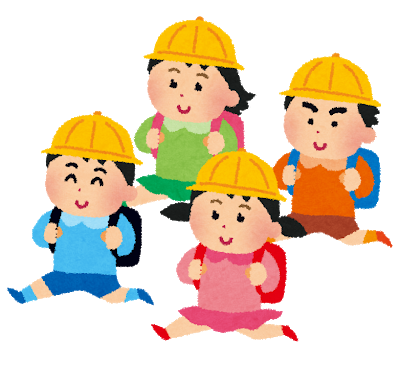
There is a sense of freedom in being able to explore Japan without fear of being robbed or assaulted. I can go out late at night and take night photos in the city, something I would never try to do back in the big cities of America. However, use common sense and don’t assume Japan is completely free of crime, especially in the big cities.
Wonderful Little Surprises
Though many of our writers have lived and worked in Japan for years, there are always little surprises that never cease to amaze us about Japanese culture. Australian writer Lia recalls being stranded on the side of the road with a broken-down bicycle and being passed by numerous school children who made eye contact and greeted her cheerfully, making the situation a little less painful.
Though Japanese are not known to be the most friendly people to complete strangers, Yvonne noted that you will sometimes encounter older people interested in you as a foreign visitor to Japan and will try to converse with you. Even if you can’t make out a word they are saying, their enthusiasm and friendliness will be evident and create a memory of Japan you won’t forget. Sometimes, they may even give you a little souvenir, a snack, or handmade object to remember them by.
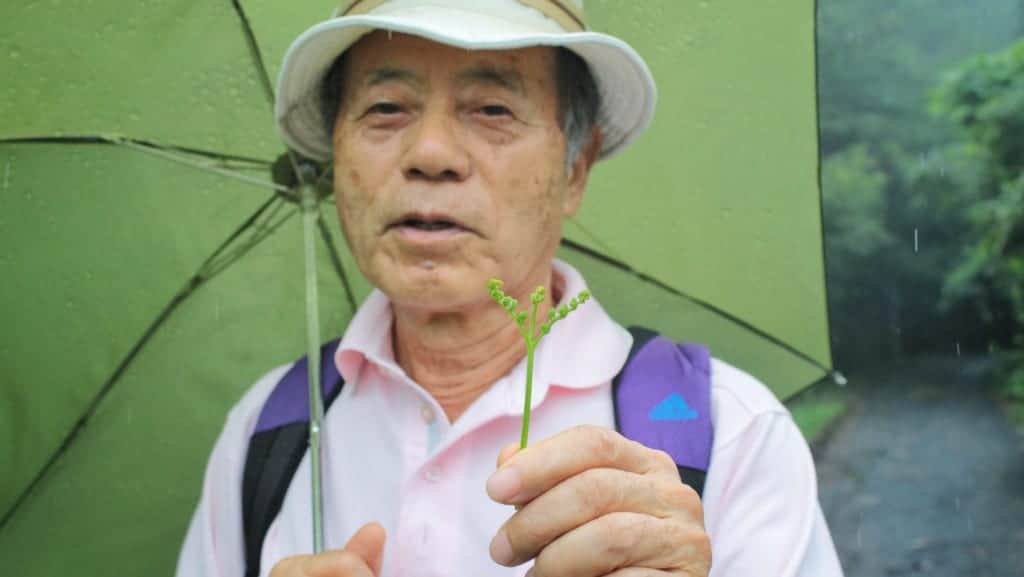
From finding fresh bouquets of flowers in public restrooms to makeshift gardens of potted plants in the concrete jungle, it seems like the Japanese are always trying to beautify their surroundings in little ways. Pay attention to the details. You’ll discover wonderful things, like Lia’s love for the unique manhole covers specific to different cities around Japan, some decorated with famous characters including Pokemon!
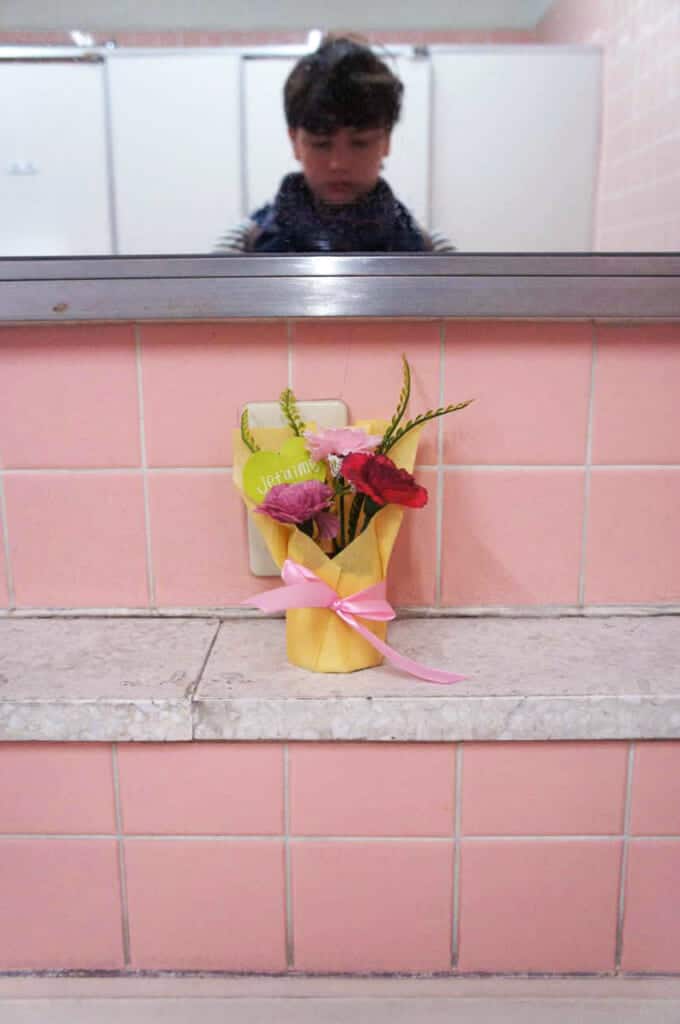
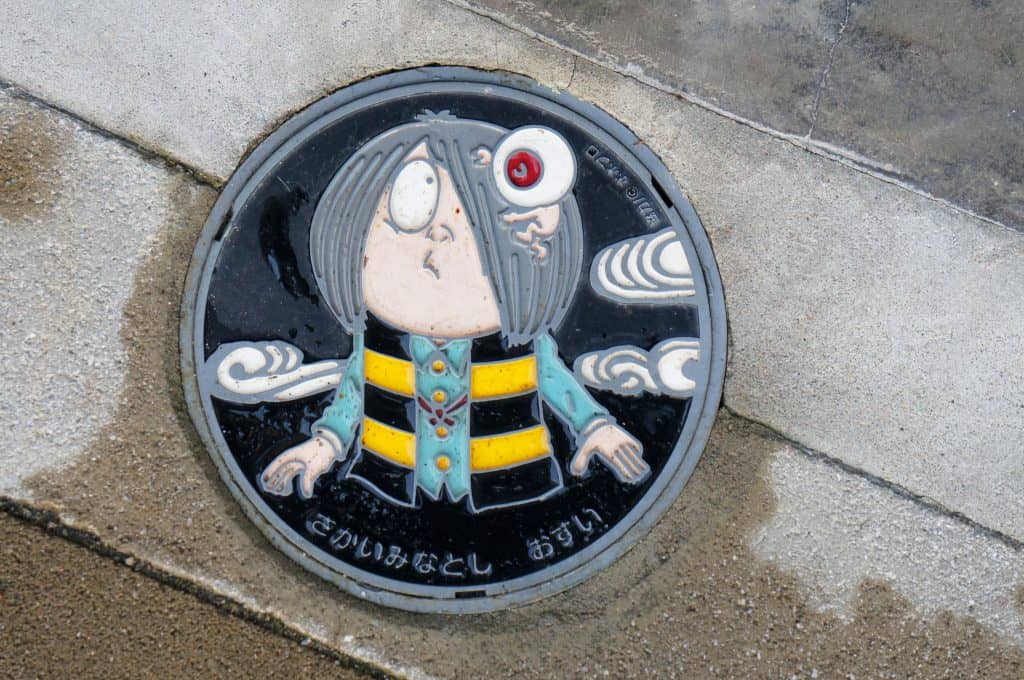
The Not-So-Wonderful
Not every cultural difference in Japan is a positive. Some are complete head-scratchers and others, extremely annoying.
For a country that has a reputation for being high-tech, Japan continues to practice some decidedly non-high-tech things. One of the perplexing things about Japan is that most ATM machines are not operational 24/7; some are only operational during the same operating hours of their bank! This can be aggravating when trying to get cash, especially in small towns. FAX machines are also still considered a viable way to communicate. Though it will likely have less of an effect on visitors as it does on residents, some documents can only be received and submitted via FAX machine in Japan. Why?!


Though bakeries are common throughout Japan (bread was introduced in the 16th century by Portuguese traders), bakeries and cafes that are open for breakfast are still relatively rare. If you are an early riser, you may need to buy your breakfast items the day before, or wait until 9:30am when most cafes and bakeries start to open.
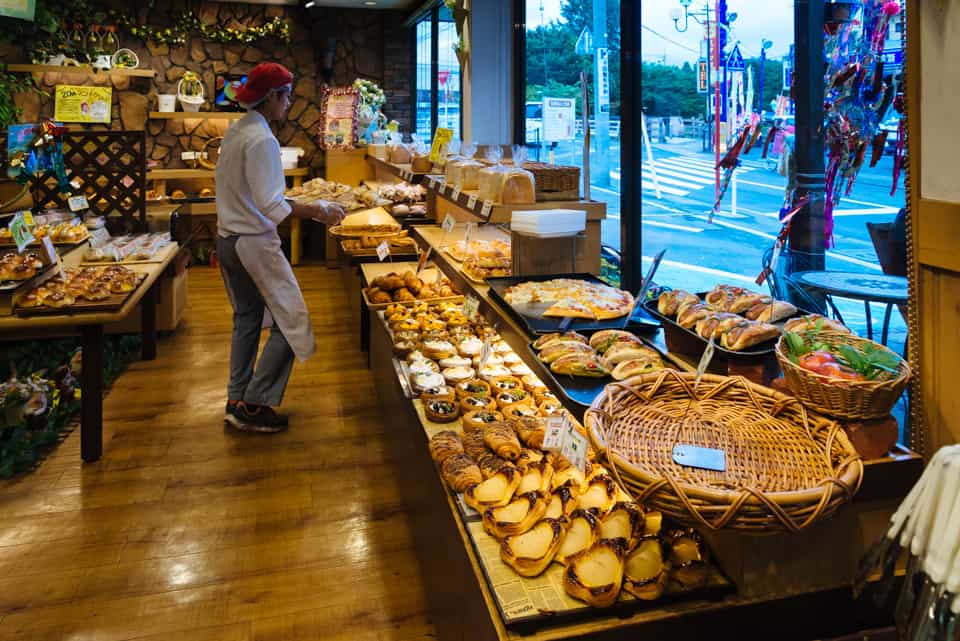
Japanese culture is highly integrated with respect for and love of nature, but this seems to be in complete contradiction with one of its biggest problems: plastic waste production. Japan is the largest producer of consumer plastic waste in the world. With all the individually wrapped food items and the highest number of drink vending machines in the world, it’s easy to understand why. Japanese residents often adhere to strict guidelines on recycling plastic waste, but a better alternative would be to reduce its production entirely.


As a visitor, there are only a few things you can do to help, but every little bit counts. Carry reusable shopping bags so you don’t need to take plastic ones when you are out shopping (you will now be charged for plastic bags at any shop in Japan, though the cost is still nominal.) A great souvenir is a furoshiki, a traditional and lovely square cloth that can be easily tied into a bag. For drinks, Mymizu is a fantastic app to help you find places to refill your reusable water bottle with water for free all over Japan. And many places in Japan have exceptionally good tap water, so that’s another bonus.

And the “What the…?”
Besides the good and bad of Japanese culture, our writers have also experienced things that just make you go “hmmm”. In a neighborhood she frequently shops in, Lia often sees a man in his 50’s fully decked out in a sailor schoolgirl outfit with a wig and platform heels. He goes about minding his business, and nobody gives him a second glance. I agree there are some kinds of things you see so often, after a while, you don’t even notice them. This certainly goes for Japanese television, with its bizarre mix of television game shows and incomprehensible commercials.

Public drunkenness is a far-too-common issue in Japan, but unlike in many countries, it doesn’t usually end in brawls. If you take the late-night trains in big cities like Tokyo or Osaka, you might encounter totally blitzed salarymen passed out in awkward positions inside trains, on the platforms, or near the exits, if they make it that far. Despite the relative lack of alcohol-related violence, there are other issues like people falling onto the tracks and being killed or injured, so it is still a serious issue in Japan.
People all over the world love dogs, but Maria thinks Japan seems to have taken that love to a level beyond the norm. Dog strollers, dogs strapped to their owners chests like babies, even cartloads of perfectly manicured dogs paraded all over the city are commonplace.

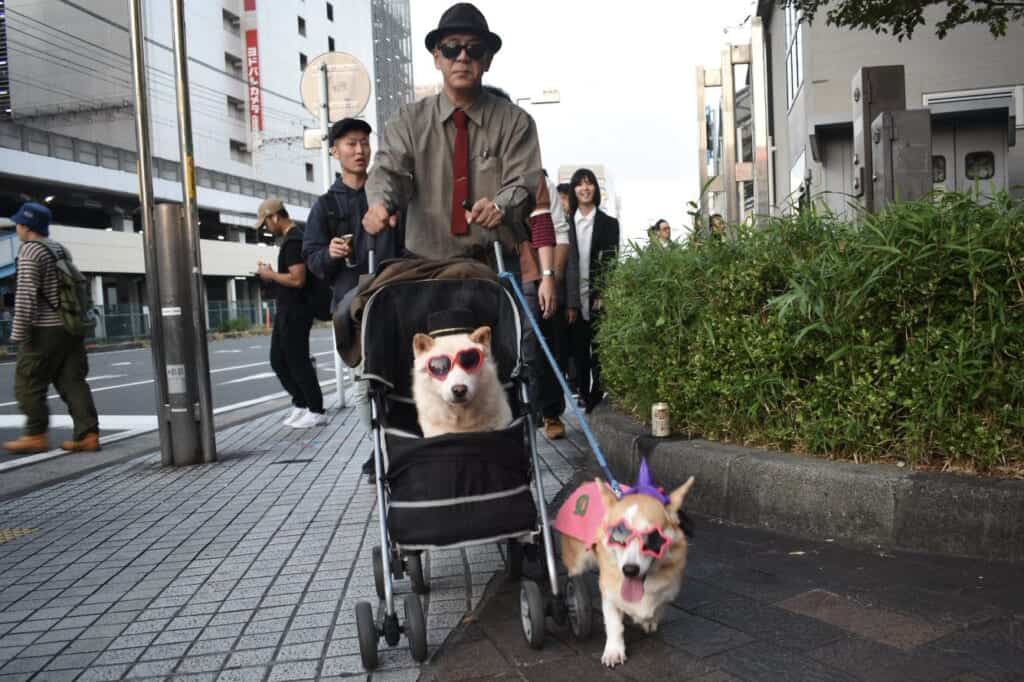
And it doesn’t end with dogs. Our writers note that Japanese people love “weird pets”: monkeys, hedgehogs, ferrets, hawks, tortoises, and yes, even meerkats wearing fancy dresses. Blame the declining birthrate in Japan on the abundance of cute animals available as pets.



Dealing With Culture Shock in Japan
If you are a short term visitor to Japan, you may barely have enough time to register your culture shock, let alone find ways to deal with it. But for those who are staying longer, for a full summer break or working holiday, here’s a little advice for getting adjusted to Japan as quickly as possible.
“When in Rome…” Do as the Romans do. Or in this case, as the Japanese do. Rather than resist the Japanese culture, try to accept it. You may want to talk loudly to your friend on the train, but resist the urge to do so, because nobody else is doing it and it’s disruptive to people around you. If it isn’t hurting you to comply with the local culture, then why aren’t you trying to do so?
Stop comparing. The more you think about the differences between your native culture and Japanese culture, the more differences you will find. Just accept the fact that for a season, you’re living in Japan. Worry about your home culture when you get back home.
Seek first to understand, then to be understood. This was the best piece of advice I was ever given before moving to Japan. If we first try to understand the culture of our host country, it makes it easier for people to try to understand us. Showing respect to the Japanese people is the best way to earn their trust and friendship. There’s a lot to love about Japanese culture, so give it a try!
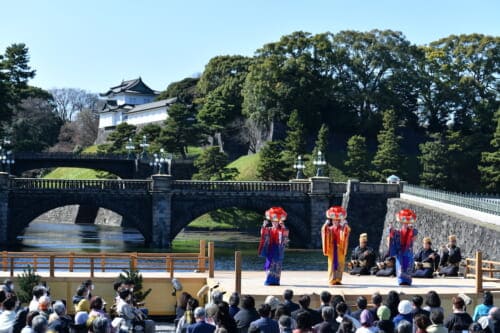


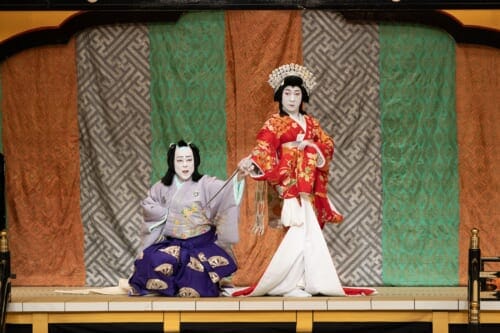
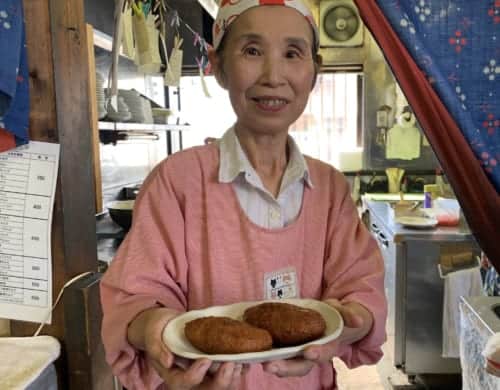
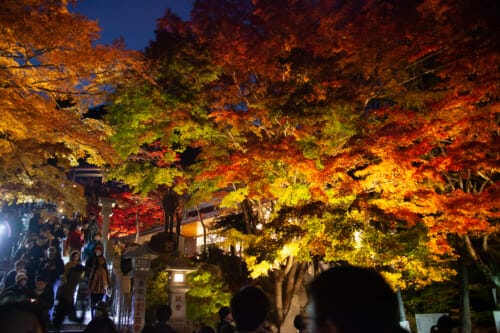


No Comments yet!